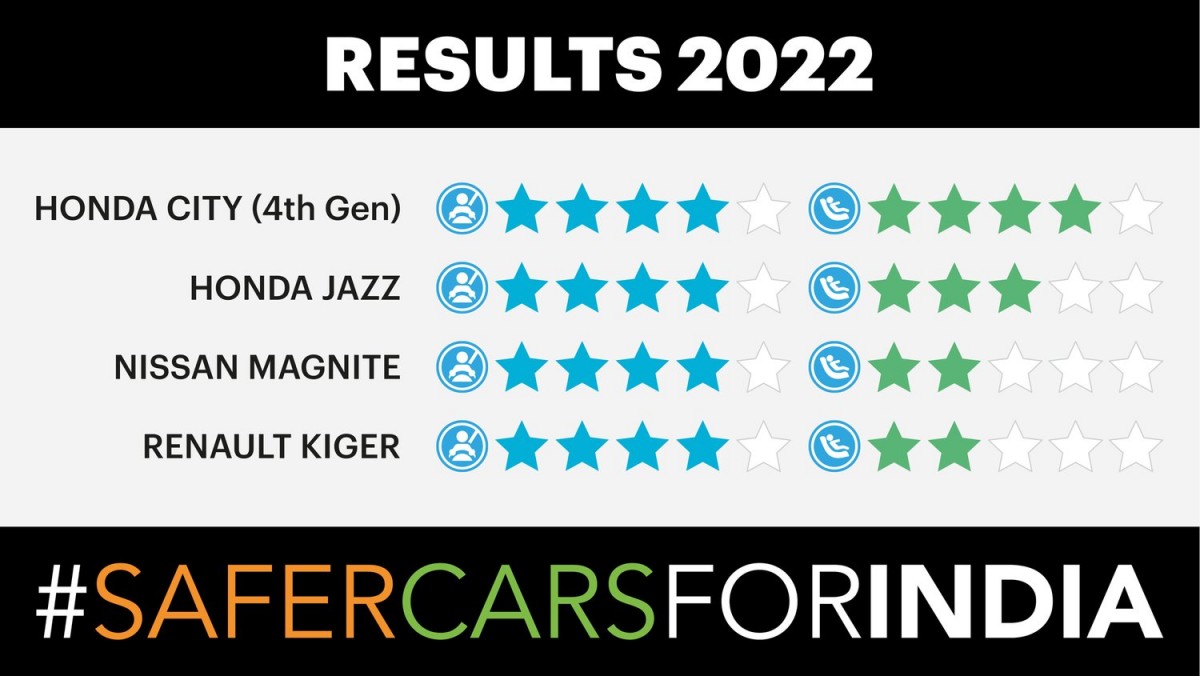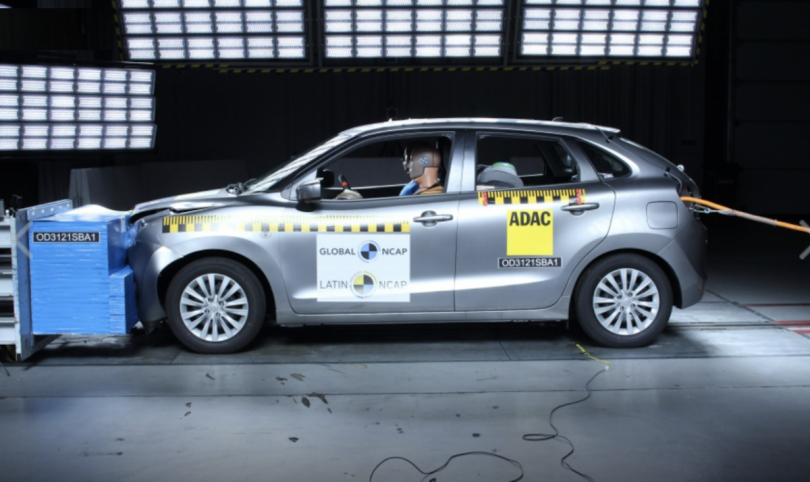UK-registered charity project of the Towards Zero Foundation, Global NCAP, recently the milestone of crash testing 50 India-based vehicles. Global NCAP has been conducting these tests under its ‘Safer Cars for India’ program that it started back in 2014. Since then, the organisation has made significant contributions towards improving and raising awareness regarding safety among Indian citizens and OEMs. Meanwhile, Global NCAP may start crash testing cars in India to spearhead its vision of enhancing vehicle and civilian safety.
Plans for crash testing in India
In order to achieve this feat, Global NCAP will require funds as crash testing cars is an expensive affair. This process typically exceeds the original cost of the vehicle and involves loads of man-hours with expensive labs and equipment. The FIA Foundation, Bloomberg Philanthropy along with several OEMs, support Global NCAP by volunteering to provide funding for their testing. Thanks to these volunteering funds, Global NCAP aims to create the BNCAP (Bharat New Vehicle Safety Assessment Program) in India.
The Indian Government has installed all-new state-of-the-art crash test facilities that will allow Global NCAP to begin the BNCAP. This step will lower the costs and time required for crash testing vehicles, along with potentially bringing in more OEMs. Currently, Global NCAP conducts the majority of its testing at the ADAC centre in Germany, where OEMs ship their vehicles. By implementing the BNCAP, Global NCAP also aims to implement a new star labelling system specifically for the Indian market.
Star Labelling Details & BNCAP Timeline
Similar to the Malaysian market, Global NCAP aims to set up a star labelling system in India as an interim step. The system dictates that NCAP crash ratings are not mandatory, and instead, each vehicle must carry a star rating. If the car has not been crash-tested by NCAP, then the vehicle will feature a ‘test not available’ mark. This label will inadvertently raise awareness among consumers for safety whilst driving OEMs to crash-test their cars immediately.
With the BNCAP in place, Global NCAP states that it will increase the number of vehicles sporting good star ratings. Instead of promoting tech specs, the BNCAP will also help in promoting the introduction of active safety tech amongst OEMs. This will not only improve the overall safety of the driver, occupants, and civilians but also reduce accidents. However, there has been no mention of a specific timeline for the implementation of the BNCAP in India.
Also Read: Toyota & Maruti Suzuki EVs will use BYD Blade cells



